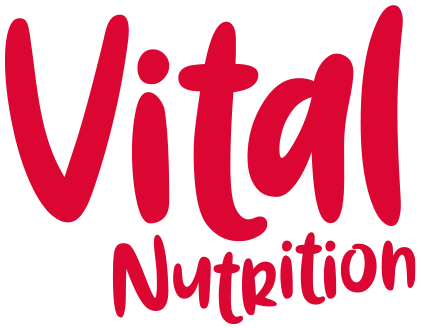Intermittent Fasting - is it for you?
What's the craic with intermittent fasting? Is it a fad, or is it a good idea?
There are plenty of reasons why people choose to fast, and lots of different ways to do it, so I am gong to share what I find work best for most of my clients and then you can decide if it is for you or not.
What is intermittent fasting?
Most diets focus on what to eat. Intermittent fasting (IF) focus on when we eat.
You may have heard of the 16:8 or the 5:2 diets, these are variations on the IF theme and different options will suit different people.
The basic principle is that you switch between eating and fasting for a certain length of time.
Why would I bother?
There is good evidence to show that intermittent fasting has many benefits for our health. Of course most people are interested in the link with weight loss, but there is a whole lot more to it than that.
Yes, it can help with weight loss, but for my money, the more interesting benefits of IF include its potential to reduce inflammation, build a healthy digestive system, support cognitive function, balance blood glucose and insulin levels and help protect our cardiovascular system.
Many of my clients report better energy, clearer thinking, improved sleep and less pain.
During the fasting period, the body starts to repair anything that isn't working in the body through a process called autophagy. It is very important to allow your body to do this vital repair work. Allowing your body the time to do this with a 12-14 hour overnight fast can be life-changing.
How can I start?
Step one: Establish a healthy diet
The first step I take with all my client is working on a way of eating that helps balance blood sugar levels. This is an essential first step before trying any form of fasting - otherwise you may end up feeling worse, rather than better.
Include a palm size portion of protein with every meal
Switch to low GI wholegrainas
And reduce your intake of starchy carbohydrates (reduce, not avoid!)
Cut back on high sugar foods
Avoid all processed foods
Step two: Start with a 12 hour overnight fast.
For example if the last time you eat is 8pm tonight, then don’t consume anything with calories until 8am tomorrow morning.
That means nothing in between except water, black coffee or tea, or herbal tea.
Step 3: Increase the fasting window
If that feels good and suits your body, then step it up a gear and try increasing your overnight fast to 14 hours, so that you are eating within a 10 hour window. This might mean pushing breakfast a little later or eating dinner a wee bit earlier. For example:
9.30am breakfast
1.30pm Lunch
7pm dinner (finish eating by 7.30pm to leave a 14 hour overnight fast)
Every day will be different, so work within your routine and make it work for you.
Intermittent fasting doesn’t mean a starvation diet! You should be eating a healthy, nourishing and wholesome diet, that includes:
loads vegetables
some fruit
plenty of decent quality protein
slow release carbohydrates - like oats, brown rice, lentils, pulses, and wholegrains
healthy fats from nuts, seeds, lily fish and olive oil
Give it a go and see how it feels for you.
I’d love to know how you get on.

